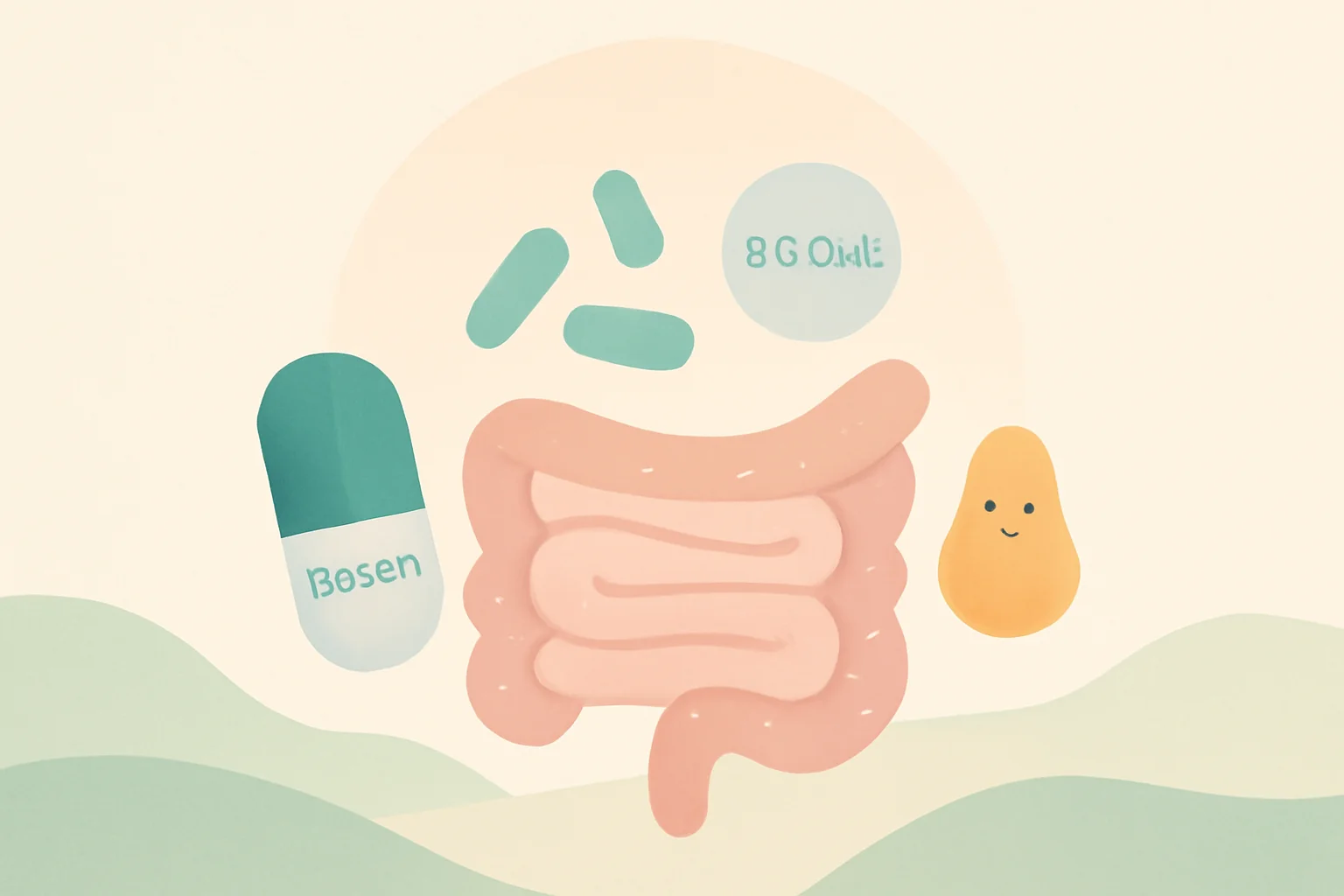
The Symptoms of PMS: Recognize and Manage Menstrual Discomfort
The premenstrual syndrome (PMS) is a condition that many women experience during their monthly cycle. The symptoms of PMS vary widely and include physical, emotional, and behavioral aspects. These symptoms often occur in the week leading up to menstruation and typically ease or disappear with the onset of menstruation. PMS is not just a simple discomfort; for many women, it represents a serious issue that affects their daily lives, work, and relationships.
The causes of PMS are not fully understood, but hormonal changes, levels of neurotransmitters (such as serotonin), as well as stress and lifestyle factors may play a role. Symptoms related to PMS can be diverse and vary from person to person. It is important for women to be aware of this condition and recognize the symptoms so they can manage them appropriately if necessary. By understanding PMS and having the right information, women can better prepare for the challenges related to their menstrual cycle.
PMS Physical Symptoms
Physical symptoms are among the most common manifestations of PMS and can be distressing for many women. These symptoms occur in the second half of the menstrual cycle and typically decrease with the arrival of menstruation. One of the most common physical symptoms is abdominal pain, which may intensify in the days leading up to menstruation. Additionally, many women experience breast tenderness, which is also a consequence of hormonal changes.
Bloating is another common issue that affects most women during the PMS period. Due to hormonal fluctuations, water retention increases, leading to abdominal bloating. Furthermore, many women may experience headaches or migraines during PMS, which can also result from hormonal changes.
Fatigue also appears among the symptoms of PMS. Many report increased fatigue and exhaustion in the days leading up to menstruation. This fatigue can develop as a consequence of hormonal fluctuations, as well as physical and emotional stress.
The physical symptoms of PMS can significantly impact many women’s quality of life, as pain, bloating, and fatigue can make it difficult to carry out daily activities. It is important for women to pay attention to these symptoms and seek help from their doctors or other healthcare professionals if necessary.
PMS Emotional Symptoms
The emotional symptoms of PMS can have as significant an impact on women’s lives as the physical symptoms. Emotional fluctuations often arise as a result of hormonal changes, and many women may experience these during the premenstrual period. One of the most common emotional symptoms is mood swings. For some women, mood changes during PMS can be dramatic, leading to anxiety, depression, or irritability.
Anxiety is another common symptom that may occur as part of PMS. Women often feel more tense and may struggle to cope with stress during this time. The level of anxiety can vary, and for some women, it may cause more severe problems that affect their daily lives.
During PMS, many women may also experience heightened sensitivity. This means their reactions to usual situations may be more intense than at other times. Comments from friends or family members that previously did not bother them may now cause irritation or sadness.
The emotional symptoms of PMS present serious challenges for many women, and it is important for them to be aware of these changes. Proper self-awareness and a supportive environment can help women better manage these emotional difficulties. If symptoms worsen, it is advisable to seek help from a professional who can provide appropriate treatment and support.
PMS Treatment Options
PMS can be managed in various ways, and finding the right solution can vary from person to person. The first step is to understand and track the symptoms so that women are aware of when and what symptoms occur. This can help in selecting treatment options.
Lifestyle changes, such as improving diet and engaging in regular physical activity, can have a significant impact on alleviating PMS symptoms. A balanced diet rich in fiber, vitamins, and minerals can help maintain hormonal balance. Regular exercise, such as walking, running, or yoga, can also contribute to reducing stress and improving mood.
Stress management techniques, such as meditation, breathing exercises, and relaxation techniques, can also aid in the treatment of PMS. These methods can help reduce anxiety and tension, as well as stabilize mood.
In more severe cases, medical treatment may be necessary. Doctors may prescribe various medications, such as pain relievers, hormonal contraceptives, or antidepressants, which can help alleviate symptoms. It is important for women to consult their doctors about the most appropriate treatment options.
Managing PMS often involves experimentation, and what works for one woman may not necessarily work for another. The most important thing is for women to pay attention to their bodies’ signals and seek help if necessary.
**Warning:** This article does not constitute medical advice. Always consult your doctor for health issues.

